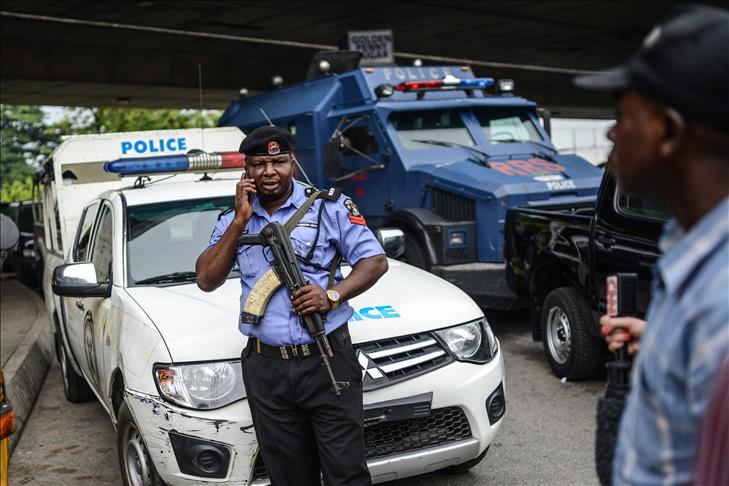
YAOUNDE (AA) – At least 11 young Cameroonians who had been captured by Nigeria's Boko Haram militant group managed to escape their captors and return home, a security source said Tuesday.
The former hostages, aged between seven and 15 years old, had been kidnapped by the militant group during a cross-border attack on Cameroon's northern town of Kolofata late last month, the source said.
The kidnapped youths were able to escape their captors and return home earlier this week, the source added.
"The boys say they were detained near Madagali, a town in Adamawa State, Nigeria. After taking them from Cameroon, Boko Haram had enrolled them at a Quranic school," the source told Anadolu Agency on condition of anonymity.
"Days later, the school was attacked by unknown persons and they [the boys] took advantage of the confusion to escape," he added.
On their way back home, the boys reached Vizik, a Nigerian town on the border with Cameroon, from where they managed to secure a lift across the border, according the same source.
The 11 boys have since been handed over to the Cameroonian security services, which are still holding them for questioning.
"The story of their escape is not consistent; their journey from Nigeria to Cameroon is not clear," the source said.
He went on to voice fears that they had not actually escaped but rather had been "enlisted" by Boko Haram to carry out attacks in Cameroon.
"They have provided no clear location of their place of detention in Nigeria. They gave no clue to the fate of others abducted in the same attack, including the wife of Deputy Prime Minister Amadou Ali or even Kolofata Mayor Seiny Boukar Lamine," he added.
The militant group has already been blamed for several previous cross-border attacks.
Boko Haram, which means "Western education is forbidden" in Nigeria's local Hausa language, first emerged in the early 2000s preaching against government misrule and corruption.
The group later became violent, however, after the death of its leader in 2009 while in police custody.
In the five years since, the shadowy sect has been blamed for numerous attacks – on places of worship and government institutions – and thousands of deaths.
By James Ntog
englishnews@aa.com.tr
Anadolu Agency website contains only a portion of the news stories offered to subscribers in the AA News Broadcasting System (HAS), and in summarized form. Please contact us for subscription options.

